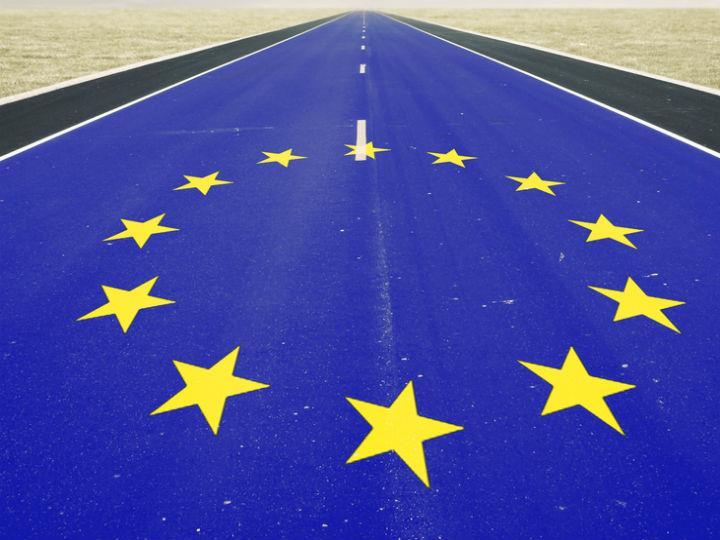N. Peter Kramer’s Weekly Column
The expectation is that the digital euro will be introduced in 2028. The consequences could be very far-reaching. The question is whether the authorities would be able to resist the luring opportunity to ‘program’ digital money. That programming, or better manipulation, could be done by using the digital euro to stimulate the economy or climate policy. We can now add defence policy to that list.
Of course, this is strongly denied! But little attention has been paid to the new form of money creation that will be possible. Money creation by the ECB is still a currency phenomenon (coins and banknotes).
With the digital euro, the European Commission no longer has to beg for eurobonds, other forms of common debt, an increase in member states’ contribution or its own revenues, EU taxes. The Commission can then simply instruct the ECB to ‘print’ digital euro’s or rather to create them out of thin air.
Formally , this is not possible because the ECB is independent according to its statute. But informally relations between the Commission and the ECB have become increasingly close in recent years. The ECB, whispered by the Commission, is now interfering in climate policy and defence.
The money created can be spend by the Commission itself or channelled to the member states. Direct government spending by creating new money is not formally permitted, but the temptation for the Commission to do will be great. Citizens will pay the price for it, in the form of inflation, because that happens as soon as more money is pumped into the system than there are goods in return.







